
Breaking News: Unilorin Alumi Association: 'We were warned' - Opinion
Breaking News: Breaking: Court Restrains Oyo Assembly from Further Impeachment Process Against Makinde’s Deputy, Olaniyan
Breaking News: Labour leaders physically assault Ogun journalists for covering strike, harass hospital workers
Breaking News: Congratulations Asiwaju – Osinbajo’s spokesperson accepts defeat
Breaking News: Finalissima: Messi steals show, beats European Champion, Italy
As President Bola Ahmed Tinubu marks his second year in office, having taken the reins in 2023, his speech paints a picture of progress and optimism. However, a critical assessment of his policies and their impact on Nigerians reveals a stark contrast between his words and the harsh realities faced by the average Nigerian in 2025.
Economic Woes
The President's speech highlights achievements such as a narrowed fiscal deficit, increased revenue generation and improved tax-to-GDP ratio. However, these gains have not translated to improved living standards for Nigerians.
According to the National Bureau of Statistics (NBS), the inflation rate in Nigeria stood at 28.5% in January 2025, with food inflation reaching 32.1%. This has resulted in a significant decrease in the purchasing power of Nigerians, making it difficult for them to afford basic necessities.
The Naira has also lost significant value, with the exchange rate depreciating by over 60% against the US dollar since the beginning of 2023. According to the Central Bank of Nigeria (CBN), the official exchange rate stood at N800 per US dollar as of February 2025, while the parallel market rate was much higher. This has made it difficult for businesses to access foreign exchange, leading to shortages of imported machines and further exacerbating inflationary pressures.
Poverty and Insecurity
Despite the President's claims of progress, poverty and insecurity remain rampant. According to the World Bank, the percentage of Nigerians living in poverty is projected to increase to 42% in 2025, meaning over 92 million Nigerians will be living in poverty. This is a stark reality that contradicts the President's narrative of progress.
Insecurity is also a major challenge, with banditry, kidnapping, and terrorism plaguing various parts of the country. According to the Global Terrorism Index, Nigeria's security situation has deteriorated, with the country ranking 12th out of 163 countries in terms of terrorist impact in 2024. The country has also witnessed a surge in kidnapping, with many Nigerians living in fear of their lives.
On May 29, 2023, President Tinubu's administration boldly declared its intention to swiftly tackle insurgency and insecurity. However, the reality is a picture of failure. By September 2024, a Nigeria Security Report by Beacon Consulting revealed a disturbing surge in violence, with 13,346 people killed and 9,207 abducted.
The situation on the ground has deteriorated, with various coalitions of terrorists, bandits and conflict entrepreneurs operating with impunity. Plateau and Benue states have been disproportionately affected, ranking highest among states plagued by insecurity. Despite allocating a whooping N6.11 trillion to combat insecurity in the 2025 budget, the government's efforts have yielded little results.
The military, once a symbol of strength, is now struggling to contain the situation. Terrorists have become emboldened, invading military formations and making off with arms. Suspicions of saboteurs within the system handing over military weapons to insurgents have further eroded trust.
Given the dire situation, it's unconscionable for the government to self-congratulatorily award itself high marks. Citizens are unable to farm, forests are deserted, and lives are being lost daily. The government must be held accountable for its failures and take concrete actions to address the insecurity crisis. Anything less is a betrayal of the trust placed in them by Nigerians. Infact, any Nation that fails to tell itself the truth has failed its first test of assessment and can not create any tangible solution.
Disconnection from Reality
The President's speech is characterized by a disconnect from the harsh realities faced by Nigerians. The narrative of progress and achievement is at odds with the lived experiences of millions of Nigerians who struggle to access basic necessities like food, healthcare and education. The government's tendency to award itself high marks for its performance, despite the obvious challenges, is a testament to its disconnect from reality.
Furthermore, the government's actions suggest a desire to consolidate power and stifle opposition, rather than serving the people. The forced wooing of personalities and destabilization of opposition parties undermine the democratic process and further erode trust in the government.
Insincere Promises
The President's speech promises a brighter future, but the reality on the ground suggests otherwise. The policies implemented so far have created more poverty-stricken people and the average Nigerian is finding it difficult to survive. According to a report by the United Nations Development Programme (UNDP), Nigeria's Human Development Index (HDI) score has been declining, indicating a decrease in the well-being of Nigerians. How easy can a family of 5 survive when a bag of rice costs N65, 000 with other basic needs, while the parents earn so little?
The speech's emphasis on economic growth and progress rings hollow when compared to the struggles faced by ordinary Nigerians who toil day and night but find it so hard to eat three square meals even as they trek to work daily. According to the National Bureau of Statistics (NBS), the unemployment rate in Nigeria stood at 35% in the fourth quarter of 2024, with many Nigerians struggling to find decent jobs.
A Call to Action
It is time for the government to take concrete actions to address the pressing issues facing Nigerians. The President's speech should not just be a collection of promises and statistics but a roadmap for tangible change. Nigerians deserve better, and it's time for the government to deliver.
To address the economic woes, this government should prioritize policies that promote an enabling environment, economic diversification, job creation and investment in human capital. This could include initiatives such as investing in agriculture to increase food production and reduce reliance on imports; promoting small and medium-sized enterprises (SMEs) through access to finance and training as well as improving the business environment through regulatory reforms and infrastructure development.
To address insecurity, the government should prioritize strengthening security agencies through training and equipment, improving intelligence gathering and sharing, addressing the root causes of insecurity, such as poverty and unemployment
In conclusion, while the President's speech may sound good, the realities on the ground tell a different story. Nigerians are living in pain, struggling to survive amidst economic hardship and insecurity. It's time for the government to take bold action to address these issues and improve the lives of its citizens.
Dayo DaSilva (arpa, amncs) is a Media Professional and Publisher from Ogun State.
Email: dsv123ng@yahoo.com
Newsletter


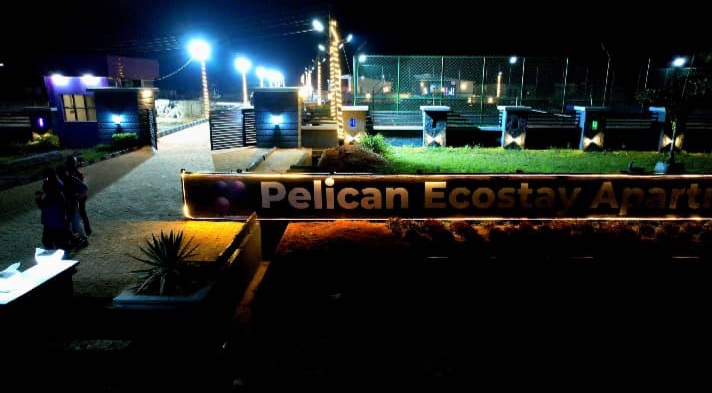
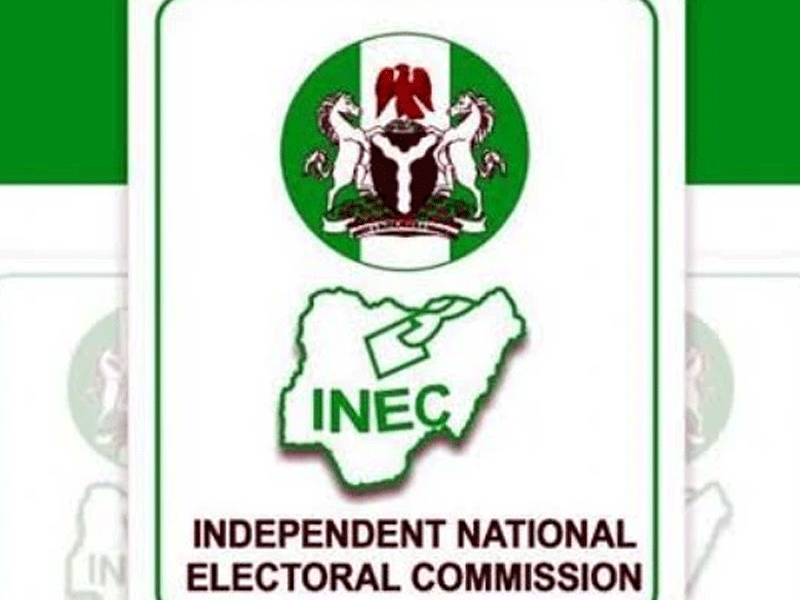
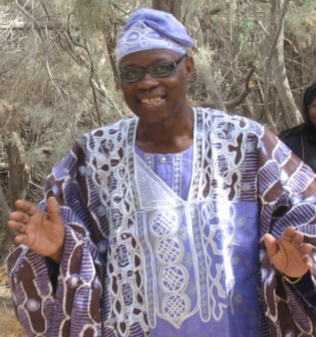
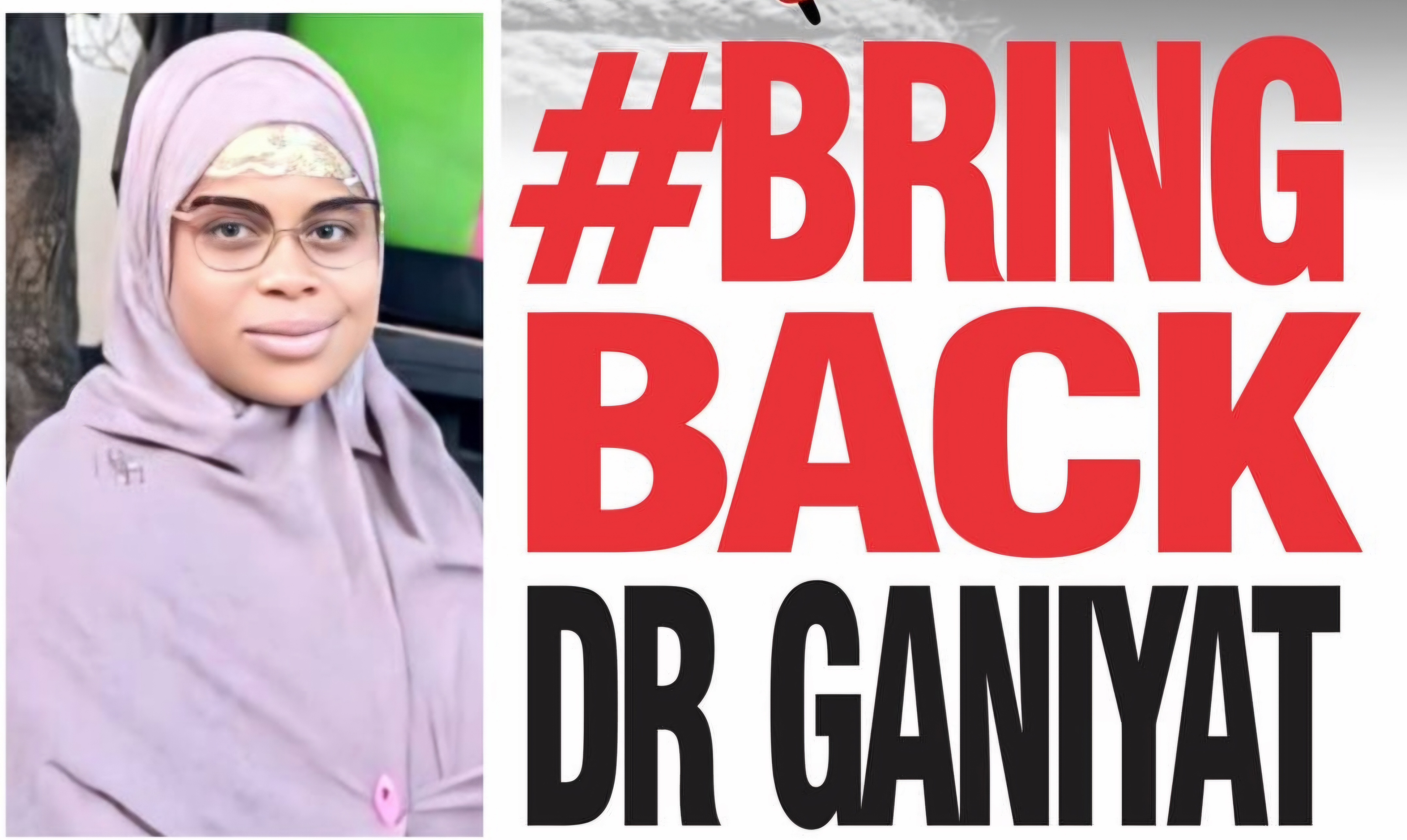
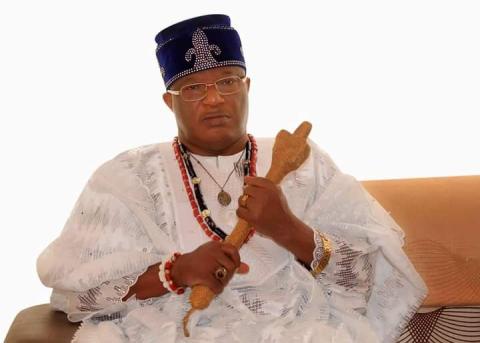
We are not gonna make spamming
Copyright By @ HorizonTimes - 2026
BACK TO TOP